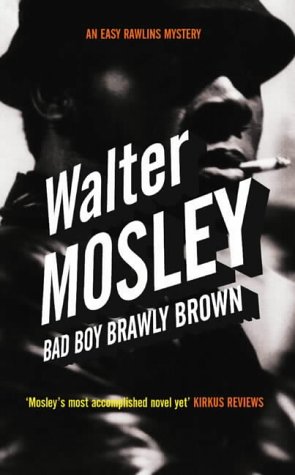(Yet another review I wrote for BET Online that disappeared down the memory hole. I'm just grateful that I kept copies.)
Alternate histories usually take readers into interesting thought experiments.
Tweak a presidential assassination in 1963 here, allow the vote counts to
continue in 2000 there, kill off a budding young physicist named Einstein then
and let’s all see where the chips may fall. I suppose if you were a black
science fiction writer, you might ask what if Martin Luther King had lived or
what would have happened historically to allow Africans to become the slave
owners and Europeans to become the slaves?
As it turns out, Steven Barnes just happens to be a black
science fiction writer—arguably one of the most well paid black genre writers
in the nation—and his new book “Lion’s Blood” answers that last question. In
fact, it could sort of be described as Steam Punk Noir where Islam becomes
ascendant. Barnes focuses on the years of 1850 through 1873. It feels like Gone
With the Wind in Blackface, mixed in with elements of “Braveheart” and that
terrible film John Travolta starred in called “White Man’s Burden”, where black
folks ran everything.
To sum up the plot, we watch young “Aidan” from the land of
“Eire” see his father slaughtered and the remnants of his family (mother and
sister) sold into slavery and taken to the Americas. The book not only tells us
the story of Aidan but the very interesting story of his Islamic slaveholders,
which feature wise instructors, tribal leaders, ethnic rivalries, transported
Zulu warriors (tough customers on any continent apparently) and lots of martial
arts and swordplay. For the record, Steven Barnes, who also wrote one of best
new Outer Limits episodes that I’ve ever seen, is a martial artist and
specializes in action/adventure. It shows.
I found the book to be an enthralling read, full of
violence, gothic reverse Mandingo sex (Here’s my favorite sex line: “Already
she had drained and rebuilt him three times”…Is it sex or tricky pipe
construction?) and the kinds of inversions that you might expect. I suppose one
of the subversive ideas behind this book is that perhaps white readers might
sympathize more with a guy named “Aidan” as he goes through the gruesome
process of “slavery”, replete with the almost obligatory whippings, petty
beatings, brutal rapes, wretched transport conditions, castrations and the
routine wanton humiliation of the oppressed that you would probably expect. The
sad joke is that Aidan has it relatively good in that he lands in the home of a
rich guy who could only be described as an Islamic Thomas Jefferson, or Wakil
Abu Ali. He actually makes sure that his slaves are relatively well fed and can
keep their bizarre and savage pagan and Christian rituals. What a guy.
How do we get to this place? An America where the Indian
tribes still have half of the United States by the mid 1800s, where the Mexican
“Aztecas” vie to control large swaths of land from Texas through Michigan and
yet where steamships and dirigibles and science still seem to be on track?
Barnes starts off his alternative history by having Socrates flee to Egypt and
this leads to other world changing events, such as a plague wiping out most of
Europe. I suppose, even at 460 pages, the book’s alt timeline raises more
questions than it actually answers. For example, the hellish hothouse of the
industrial revolution actually produced dramatic scientific leaps. We know the “Lion’s Blood” world has a Da
Vinci and a Mozart? How about a Marx, Newton or newspapers?
Actually, these are plot points that might be answered in a
sequel, as one major plot point was left dangling, enticingly. In summation, I
recommend “Lion’s Blood”. Barnes gives
us a Brave New World that serves as an excellent primer as to why slavery was
so horrendous, horrific and just plain wrong, even if black folks are on a
different end of the whip.


